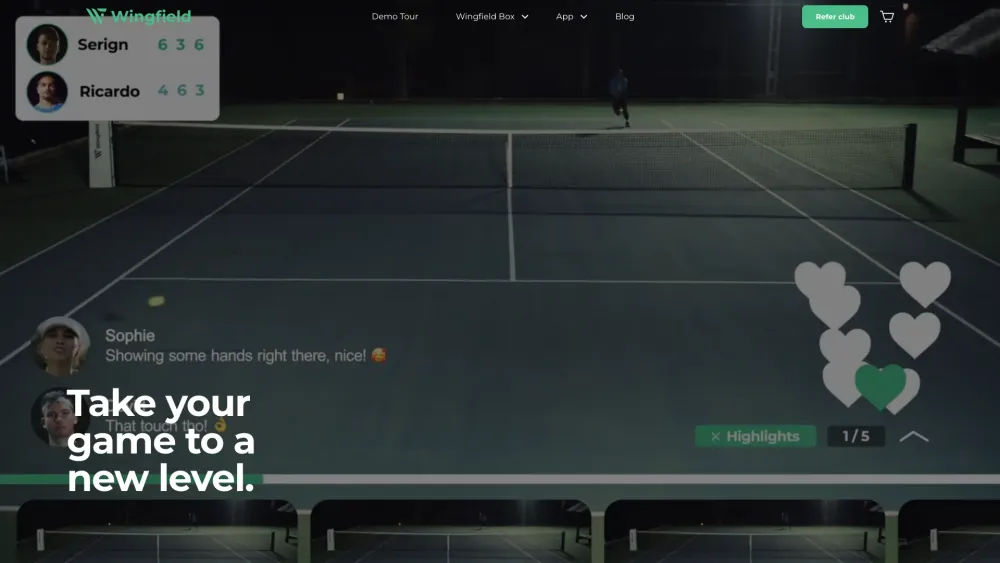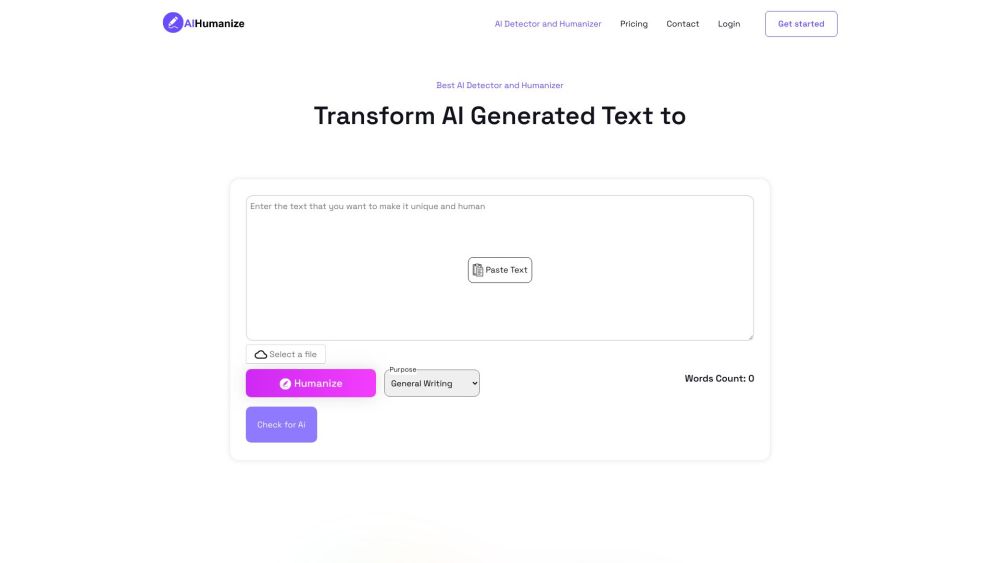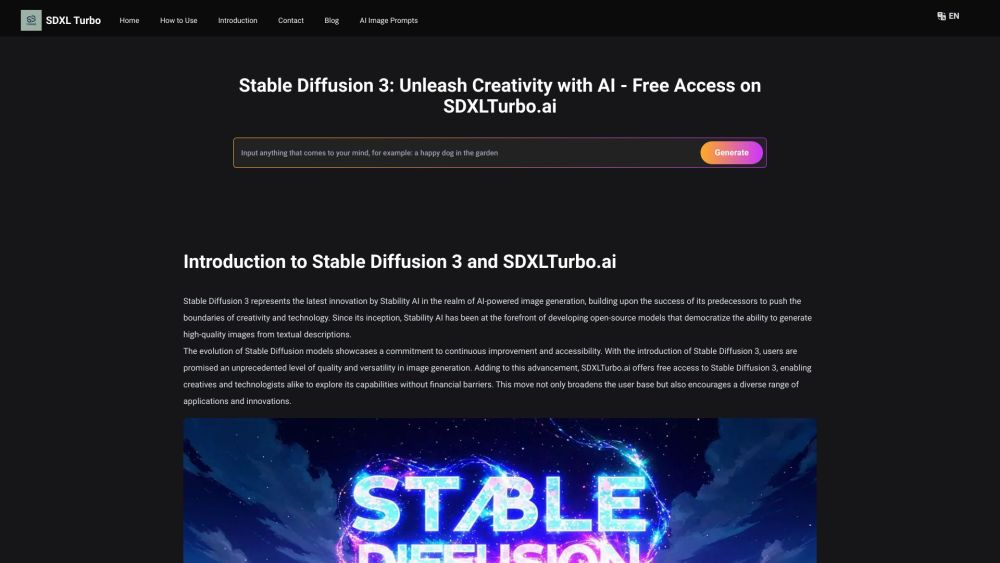AI-Generated Assignments: How Students Deceived UK Professors
Most people like

Are you ready to elevate your tennis game from the comfort of your home? Our innovative virtual tennis experience combines cutting-edge technology with realistic gameplay, allowing you to immerse yourself in the sport you love. Whether you're a beginner looking to learn the basics or an advanced player honing your skills, this interactive platform offers tailored training sessions, competitive matches, and engaging challenges designed for all levels. Join a vibrant community of tennis enthusiasts and transform your game today!

Experience seamless 1-click access to powerful AI tools like ChatGPT, GPT-4, Claude2, and Llama 2 across all websites. Unlock enhanced capabilities and elevate your online interactions effortlessly!

Transform AI-Generated Texts into Engaging, Natural Content
Unlock the potential of AI technology by learning how to convert machine-generated texts into captivating, human-like content. Discover techniques to enhance readability and connection with your audience, ensuring your message resonates clearly and effectively. Embrace the art of transforming AI outputs into authentic narratives that engage, inform, and inspire.

Unlock the power of advanced AI to create stunning visuals. Discover how cutting-edge artificial intelligence tools can transform your creative projects, enhance your design capabilities, and inspire unique artistic expressions. Explore the future of digital artistry with AI-driven technology that elevates your imagination to new heights.
Find AI tools in YBX
Related Articles
Refresh Articles

